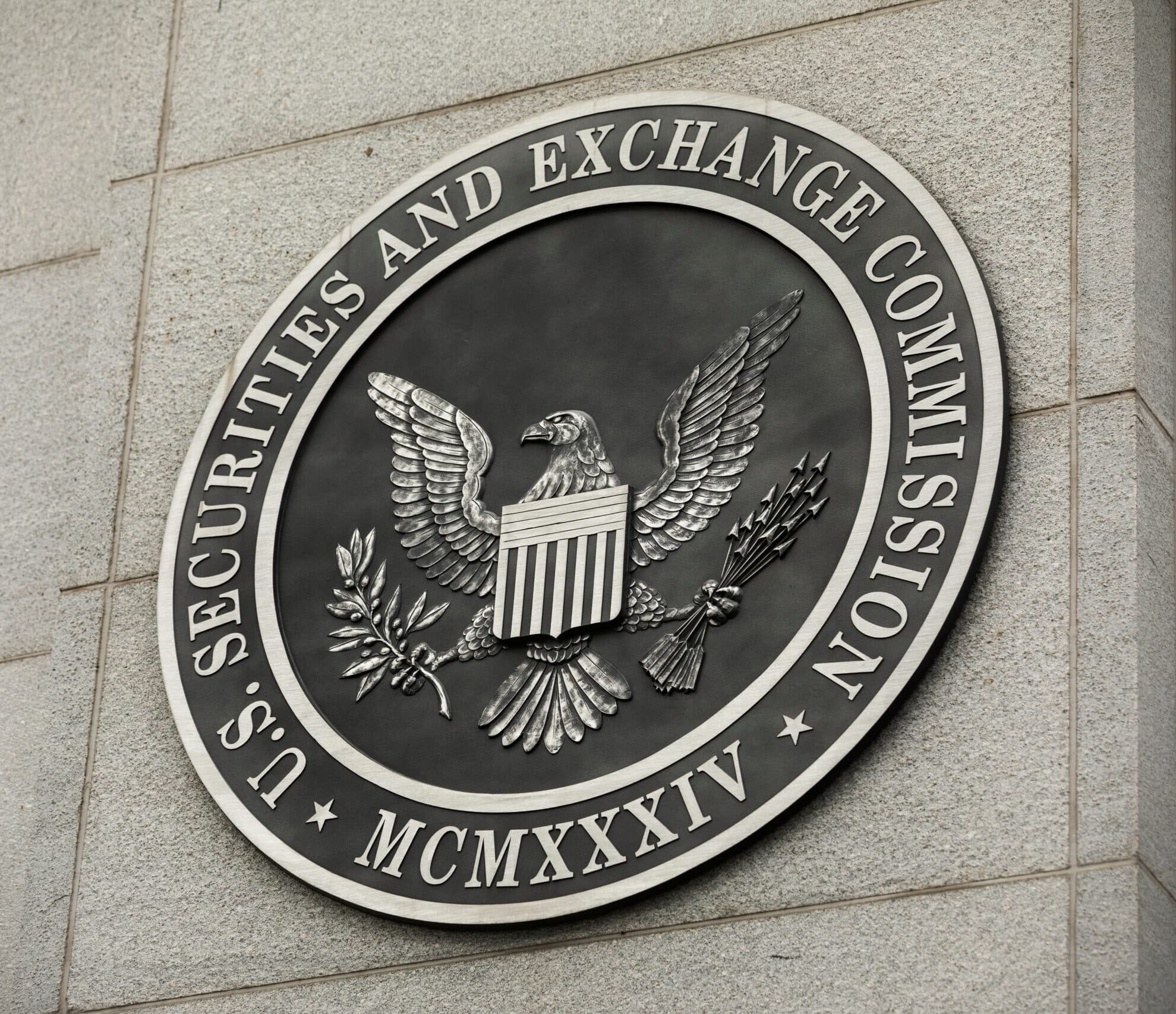The U.S. Securities and Exchanges Commission (SEC) quietly approved multiple spot ether (ETH) exchange traded funds (ETFs) after equities markets closed on Monday, paving the way for a historic debut of the funds as early as tomorrow.
The approvals come roughly six months after the SEC approved 11 spot bitcoin ETFS in January, and represent a shift in the attitudes of both regulators and Wall Street towards cryptocurrencies.
Two funds from crypto investment giant Grayscale — the Grayscale Ethereum Mini Trust and the Grayscale Ethereum Trust (which would be a conversion from a trust to an ETF) — were still pending approval at the time of reporting.
“We are in the midst of a massive, positive regulatory shift,” said Matt Hougan, chief investment officer at Bitwise, a crypto investment fund management firm during a live X spaces. “We went from the analysts in the space assigning a zero percent probability of launching…two months ago, to now where people expect them to launch tomorrow.”
A spot ether ETF launch wasn’t expected this early but the SEC surprised pundits in May by greenlighting preliminary filing documents submitted by BlackRock, Bitwise, Grayscale, Van Eck, Ark 21Shares, Fidelity, Franklin Templeton, and Invesco.
But now, with all required filings submitted and approved (including S-1 forms which all firms must file with the SEC in order to publicly list their securities), the consensus among industry experts is that several spot ether ETFs will launch and start trading Tuesday morning. The CBOE disclosed last Friday that five of the proposed funds that will be listed on it would begin trading on Tuesday, pending regulatory approval.
“We expect them to begin trading tomorrow,” said Bloomberg Analyst James Seyffart in a post on X. “That means we should see a bunch of filings on [the] SEC site today that say the ETFs’ prospectuses have gone ‘effective’. Likely after or around market close.”
Read more: ETH Held in Exchange Reserves Drops to 8-Year Low With ETFs Set to Begin Trading
The price of ether saw modest appreciation following the decision, trading at just under $3,470 at the time of publication, up 1% since last week, according to CoinGecko.
The Journey to a Spot Ether ETF
Unlike the decade-long journey to a bitcoin spot ETF, the first official filing for an ether ETF was submitted by investment management firm VanEck in 2021. Cathie Wood’s ARK Invest subsequently made headlines when it submitted its application in September 2023, and several other large asset managers such as BlackRock and Fidelity followed suit shortly afterwards.
But despite the approval of a bitcoin (BTC) ETF, many expected the SEC to reject the various ether spot ETF applications because there was less legal pressure on the regulator to do so, and also less communication between the SEC and ether ETF applicants prior to May 23, the final deadline for the SEC to make a decision on some of these applications.
Read more:
“The staff has not given any comments yet to the issuers, which is not a good sign,” tweeted Bloomberg Analyst, Eric Balchunas in March. “We [are] past when they gave comments on BTC ETFs.”
Polymarket, a decentralized prediction market, showed a meager 18% probability of an SEC approval at the time. And even VanEck’s CEO, Jan van Eck, said it was unlikely his firm’s application would be approved.
But the SEC surprised crypto pundits when it issued initial approvals in May, setting the stage for today’s final approvals, which will mark another watershed moment for the crypto ecosystem. The two largest cryptocurrencies are now available as units in publicly traded funds issued by the world’s largest investment managers.
“It’s definitely a milestone for the acceptance of crypto in the United States,” Baker & McKenzie LLP partner Karl Egbert told Unchained. “The managers for these ETFs include some of the biggest traditional ETF sponsors, and ETFs are a vehicle-of-choice for institutional and retail investors,” he added.
What to Expect Going Forward
One of the major changes experts are predicting after the ether ETF launch is a much more favorable regulatory environment for crypto.
“We are seeing a complete change in Washington,” Hougan said. “We saw bipartisan votes for crypto legislation. We’ve seen the Republican Party put crypto on its platform,” he added. “From a regulatory perspective…we are in a great space. From an ETF-specific angle, we seem to be in a good space as well.”
Matt Sigel, head of digital assets research at VanEck echoed Hougan’s sentiments during the same X spaces event . Sigel expects current SEC Chairman Gary Gensler — widely considered hostile towards crypto — to be ousted at some point after the U.S. presidential election in November.
“I think Gary Gensler is definitely out, post the election,” Sigel said.
Sigel also mentioned that several financial advisors who sell VanEck’s bitcoin ETF units to their clients are much more bullish about the ether ETF. The rationale behind their preference for ether over bitcoin is the fact that ether has staking rewards — even though such rewards won’t be incorporated into the current version of VanEck’s ether funds.
“They see Ethereum as an easier sell because the protocol has revenues and because of that staking yield,” Sigel said.
The current annualized staking reward is 3.2%, according to the Ethereum Foundation’s website.
UPDATE (July 22, 2024 6:04 p.m. ET): Updated with information about the two Grayscale funds currently pending approval.



